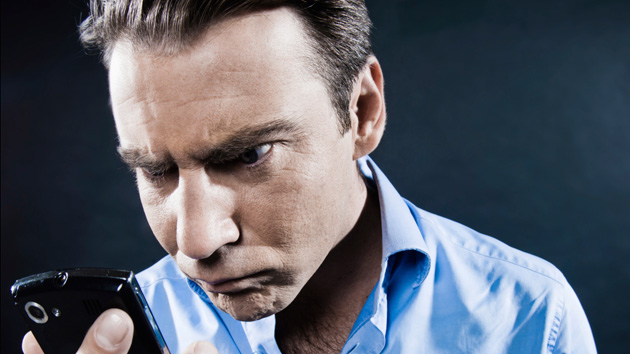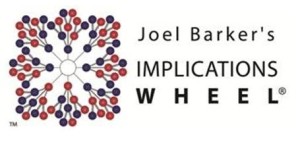This past January, with my co-editor, Ellie Roscher, we put out a call for submissions to a book tentatively titled, Keeping the Faith in Rabbinical Education. Our call was inspired by Ellie’s prior collection of edited essays on Protestant Seminary education, Keeping the Faith in Seminary. In our new volume, we wanted to explore the question, “How well does rabbinical school prepare rabbis for an ever-changing Jewish religious landscape?” We also hoped to share insights about seminary education from our respective religious communities. Ten months later, because of incredibly caring and dedicated contributors, we’re thrilled to let you know that we have:
- A combined total of 42 essays that will appear in print and online
- A multiplicity of views of lay leaders, rabbis and educators of rabbis
- Diversity in gender, generation and geography
- A new title for the book: Keeping Faith in Rabbis. A Community Conversation about Rabbinical Education.
The change in title reflects the number of responses that we received: we realized that we had triggered not just a book, but also an opportunity for a high-quality, constructive conversation.
Here’s a small sample of only a few themes from the book:
- Gen Xer’s and Millennials: within reach of rabbis or out of reach?
- Particular vs. distinctive: does fitting in mean blending in?
- Can two rabbis share one role?
- Rabbinical education: keep it at five years or reform it so that it’s not just shorter, but different and better?
- What kind of rabbi do you want: a spiritual emcee or a contemporary prophet?
 In addition to essays that we selected for the project, we’ll soon be opening the invitation to anyone who wishes to share beneficial ideas on the Keeping Faith in Rabbis web page (to be announced soon!), and we’ll be adding video interviews, online hangouts and additional blog posts for about a year.
In addition to essays that we selected for the project, we’ll soon be opening the invitation to anyone who wishes to share beneficial ideas on the Keeping Faith in Rabbis web page (to be announced soon!), and we’ll be adding video interviews, online hangouts and additional blog posts for about a year.
We’re also taking this conversation to the streets. Our inaugural book launch event will take place in the Minneapolis Metro area on the evening of December 2nd at Bet Shalom Congregation (more details to follow), and we’re planning events for New York, Los Angeles, Chicago, the Miami Metro area and a few other selected cities. As Ellie has experience in Protestant theological education and its challenges, some of these events will include experts from the Church world. What also excites us is that we’ll be able to feature some of the essayists who contributed to this book as presenters, and other professionals in the field of rabbinical education and higher education in general. If you’re interested in having a community conversation about this topic, please contact me at hayim@hayimherring.com.
The “High Holidays” (Rosh ha-Shanah, Yom Kippur) are just a few weeks away, and we’re approaching the one-year anniversary of the release of the Pew Research Center’s Portrait of Jewish Americans. It’s timely to think about the kind of spiritual tomorrows we want to have, and the role that rabbis, rabbinical educators and lay leaders can play in achieving it. We encourage you to pre-order the book now at http://ktfrabbi.avenidabooks.com. And, given how high the stakes are, we hope that you’ll join the ongoing conversation.

